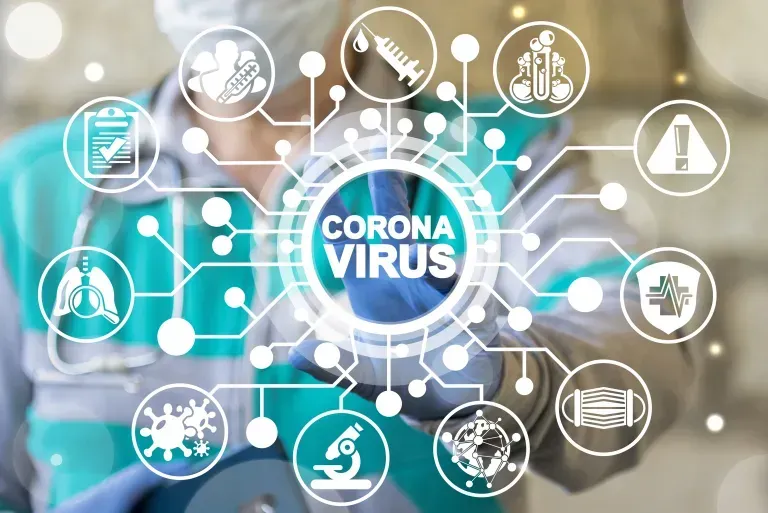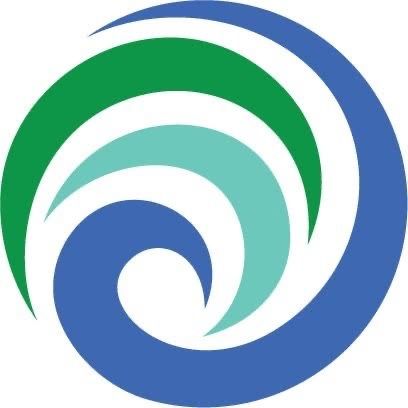HYPOCHLOROUS ACID IN SOUTHERN NEW JERSEY
FDA Regulation HOCl
Electrolyzed Water Hypochlorous Acid (HOCl)
Offshore Carpet Cleaning & Janitorial Services uses Electrolyzed water when sanitizing properties and surfaces to ensure optimal cleanliness.
Electrolyzed water (ie.
hypochlorous acid) is an all-natural, no-rinse, non-toxic, non-irritant and environmentally safe antimicrobial solution that is the product of the electrochemical reaction of water, salt, and electricity. It serves as a potent antimicrobial agent, approximately 100 times as effective as chlorine bleach.

HOCL is generated by the electrolysis of a dilute NaCl solution interacting with an electrolytic cell. This process creates an anolyte solution predominantly of hypochlorous acid (HOCl). HOCl is a powerful oxidant. Offshore Carpet Cleaning & Janitorial Services systems can generate large volumes of concentrated and stable HOCl in solution which is unobtainable via the preparation of traditional chlorinated chemicals. Electrolyzed water is highly biocidal and can kill common foodborne pathogens such as Salmonella, E. coli, Listeria, and Campylobacter in less than 30 seconds of contact. It has been proven to be effective against bacterial spores and viruses that can be highly resistant to other disinfectants. Electrolyzed water is also capable of dislodging and removing biofilm which can be a major contributor to contamination in pipes and clean-in-place (CIP) systems of beverage and dairy manufacturing.
Unlike other oxidants, such as ozone (O3) and chlorine dioxide (ClO2), which are gases and rapidly leave solution in seconds to minutes, HOCl is stable in solution and maintains biocidal concentrations for up to several months. Stability in solution allows for HOCl to be used in many applications in the food industry from the farmer to the table, not only for direct food contact, but also for the disinfection of food contact surfaces. HOCl has been proven to be stable in solution for several months when stored in closed containers protected from oxygen and light and to be stable for several hours when in buckets or sinks that are exposed to the oxygen in the air.
When HOCl is applied on food or contact surfaces, it behaves as an oxidizing agent. When reduced by organic matter, it leaves no harmful residues and therefore no potable water post-rinse is required. The aforementioned features make electrolyzed water (hypochlorous acid) a superior operational solution for any food-service provider, saving time and resources and enabling frequent, real-time application.
There are a broad range of applications for the use of this technology in industries such as agriculture, food and beverage, hospitality, healthcare, and water treatment. Electrolyzed water can be safely and efficiently utilized through a variety of methods such as direct application, pressure spraying, dosing, and fogging.
FDA Food Contact Notification – FCN 1811
FDA Source: Click Here
FDA FCN 1811: Click Here
hypochlorous acid is an antimicrobial agent in an aqueous solution in the production and preparation of whole or cut meat and poultry; processed and preformed meat and poultry; fish and seafood; fruits and vegetables; and shell eggs. A potable water rinse is not required after use. For more details,
click here to view FCN 1811 from the FDA.
